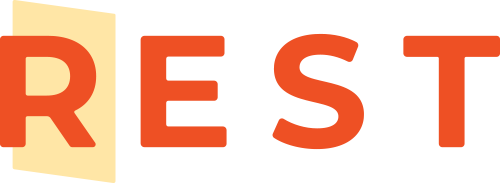By now, you’ve likely seen headlines about the hacking of more than one hundred celebrities’ iCloud accounts and the subsequent release of their nude photos and intimate videos. These celebrities, as well as the public, were rightly outraged at the massive breach of privacy, saying things like, “If you looked at those pictures, you’re as guilty as the ones posting them.” Jennifer Lawrence, star of blockbusters like The Hunger Games trilogy and American Hustle, is one of the victims. Lawrence released a statement calling this “a flagrant violation of privacy” and vowing prosecution. Lena Dunham called the hacker a “sex offender” and tweeted, “Remember, when you look at these pictures, you are violating these women again and again. It’s not okay.”
The FBI and Apple have taken the act seriously and promised investigations. Apple also plans to roll out new security features to alleviate the public’s concern about their own privacy. And there’s good reason to worry. One recent study revealed 50 percent of respondents had exchanged intimate photos with a romantic partner, and one-in-ten had an ex threaten them with “revenge porn.”
It is easy to see that such images should be off-limits for distribution without expressed permissions. Unfortunately, of the 36 percent of Internet traffic that is pornographic, millions of images and videos, many viewed are of women and children who have been trafficked for commercial sex. These are images of rape and exploitation filmed without consent and distributed for profit by their exploiter.[1] One study on the subject found sex trafficking survivors often described filming porn as a regular part of their lives. In fact, approximately one-third of the victims of prostitution in St. Paul, Minnesota indicated being used in the production of pornography.[2]
While our society condemns the celebrity hacks, we accept, defend, and celebrate porn, normalizing its use; this is even done by some of the same celebrities who came to the defense of their ousted peers. In fact, another study found that 79 percent of men, ages 18-30, view porn at least once a month.[3] Numbers like these say we are okay with this type of exploitation. The celebrity hack is atrocious, and the perpetrator should be charged to the full extent of the law. There should be nothing but outrage about what took place. Unfortunately, victims of human trafficking don’t have the same money, power, and privilege to advocate for their own justice. Celebs have powerful PR teams and prestigious lawyers who will no doubt seek recourse.
One blogger indicated he would not be viewing the hacked material, saying, “After all, it takes a pretty sick mind to find any sort of pleasure in images clearly not intended for your own eyes.” I couldn’t help but wonder if he views porn. If he does, he is violating his own incensed conscience. Similarly, another blogger wrote, “The way in which we share our bodies must be a choice.”
I could not have said it better myself. And I would add that this should be regardless of privilege, celebrity, or lack thereof.
Citations
Smith, Linda, and Cindy Coloma. Renting Lacy: a Story of America’s Prostituted Children. Vancouver, WA: Shared Hope International, 2009. Print, 15-25.
http://www.uri.edu/artsci/wms/hughes/demandforvictims.pdf
http://www.digitaljournal.com/pr/2123093

